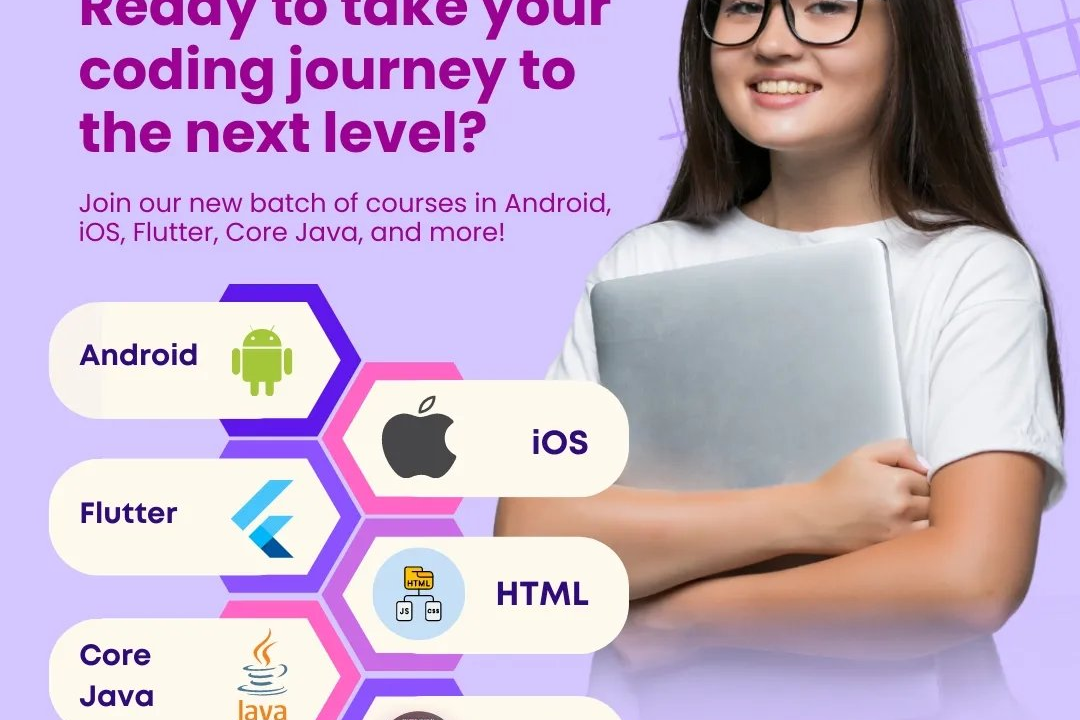Flutter Project Planning
Effective Strategies for Flutter Project Planning
Flutter Project Planning
Flutter project planning involves defining the scope, goals, and architecture of a mobile application using the Flutter framework. This process starts with gathering requirements and understanding the target audience, followed by creating wireframes and user flows to visualize the app's design and functionality. Project planning includes selecting a suitable state management solution, integrating APIs, and determining the overall app structure, including widget organization and navigation strategies. It is crucial to assess timelines, resources, and team roles, ensuring effective collaboration and iteration throughout the development lifecycle. Additionally, considering testing, deployment, and maintenance plans early on helps mitigate risks and ensures a smoother rollout for the final product.
To Download Our Brochure: https://www.justacademy.co/download-brochure-for-free
Message us for more information: +91 9987184296
1 - Understanding Flutter:
Introduce students to Flutter as a UI toolkit for building natively compiled applications from a single codebase. Discuss its advantages, including performance, a rich set of pre built widgets, and community support.
2) Defining Project Scope:
Guide students on how to determine the project's goals, features, target audience, and deliverables. Emphasize the importance of clear project objectives.
3) Setting Up Development Environment:
Walk through installing Flutter SDK, Dart, IDEs (like Android Studio or VS Code), and configuring the emulator/device for testing.
4) Designing User Experience (UX):
Stress the significance of creating wireframes and user flows before coding. Introduce UX principles and how to use design tools like Figma.
5) Creating a Project Roadmap:
Discuss project milestones, timelines, and phases. Teach how to break down the project into manageable tasks.
6) Choosing Development Methodologies:
Explore various methodologies (Agile, Scrum, Waterfall) and how to apply them in Flutter projects, focusing on iterative development and collaboration.
7) Technical Architecture:
Explain the importance of establishing the app’s architecture (e.g., MVVM, BLoC). Discuss state management options (Provider, Riverpod, Bloc).
8) Designing the Data Structure:
Introduce concepts of data models, how to structure and serialize data, and best practices for managing local storage or databases (like SQLite, SharedPreferences).
9) API Integration:
Teach how to plan and implement backend services, RESTful APIs, or Firebase for data handling. Discuss network calls using libraries like Dio.
10) Implementing UI Design:
Guide students in building responsive UIs using Flutter widgets. Emphasize the use of themes and styles for consistency.
11) Testing Strategy:
Stress the importance of testing in Flutter. Discuss unit testing, widget testing, and integration testing. Introduce testing frameworks like Flutter Test.
12) Version Control with Git:
Cover the basics of using Git for version control. Explain branching strategies and collaborating on code using platforms like GitHub.
13) Deployment Planning:
Discuss the process of deploying Flutter apps on iOS and Android. Explain the requirements for app store submissions and handling app updates.
14) Monitoring and Analytics:
Introduce students to implementing monitoring tools and analytics (like Firebase Analytics) to gather user data and improve the app over time.
15) Maintenance and Future Updates:
Highlight the importance of planning for ongoing maintenance and updates after deployment. Discuss how to gather user feedback to iterate on features.
16) Documenting the Project:
Emphasize maintaining clear and comprehensive documentation for the project, including code comments, user manuals, and API documentation.
17) Community Engagement:
Encourage involvement in the Flutter community. Discuss how to utilize resources like forums, GitHub, and Stack Overflow for troubleshooting and collaboration.
18) Post Launch Metrics:
Introduce key performance indicators (KPIs) to track app performance and user engagement. Discuss the significance of continuous improvement based on these metrics.
This outline provides a comprehensive framework for a training program on Flutter project planning that addresses all critical aspects students need to know to succeed in developing their apps.
Browse our course links : https://www.justacademy.co/all-courses
To Join our FREE DEMO Session: Click Here
Contact Us for more info:
SharedPreferences
Flutter for Smart City Applications
Interview Questions on Python for Freshers 2024
Beginner Android Training Jharkhand
Enterprise java beans (ejb))











